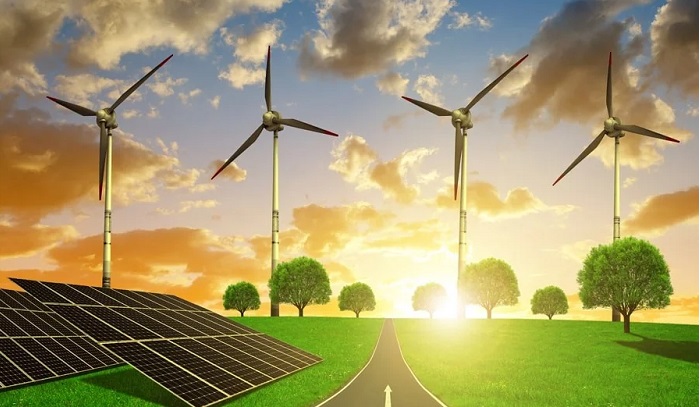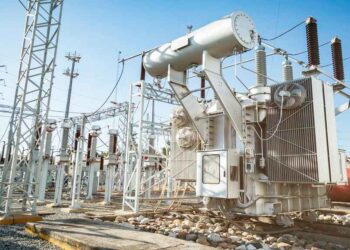In the latest turn of events, Canada and South Korea have gone on to enter into a deal when it comes to supply chains for critical minerals as well as youth mobility. These are the results of the recent talks between both premiers. The joint effort to elevate economic as well as cultural ties is due to the fact that both countries look to lessen their dependence on China.
As per the South Korean President, Yoon Suk Yeol, both he and his Canadian counterpart recognise the fact that China happens to be a very prominent economic partner, not just in the region but throughout the world. However, they do need to be crystal clear as to where both can operate with China.
They need to know where they will end up competing with China on economic grounds or where they have to challenge the nation in terms of human rights as well as other elements.
The South Korean President added that both South Korea and Canada shall continue to act in ways that make a lot of sense to their respective countries as well as the situations. During Justin Trudeau’s first visit to South Korea, the Canadian government inked a MoU on critical minerals, the transition to clean energy, and energy security, which will go on to lead to more trade as well as investment in Canada. It is well to be noted that Ottawa has focused increasingly on shoring up the critical minerals sector so as to build a strong supply chain in order to manufacture goods like EV batteries.
This increased idea of cooperation with South Korea from Canada is a result of the increasing discussion among G7 nations on the friendshoring idea.
Recently, the minister of finance of Canada, Chrystia Freeland, went on to meet with other G7 counterparts to have a discussion on how to elevate cooperation between like-minded nations. The idea was to differentiate their economies so as to make their supply chains more robust and create decent jobs for people not only in Canada but across the world.
It is well to be noted that both Canada and South Korea have gone on to release their Indo-Pacific strategies in the last year, which lay out a road map for making economic and military collaboration more robust in the region and thereby balancing Beijing’s influence. However, even when western countries as well as their allies feel more threatened by China, they are indeed cautious when it comes to their remarks about the country. As per the Chinese Foreign Ministry spokesperson, Wang Wenbin, they are themselves the victims of economic coercion. They went on to blast the US and other G7 countries for their hypocritical assertions that they were safeguarding a rules-based international order when it came to economic coercion from Beijing.
As per a statement from Wang, if any country has to be criticised for economic coercion, it has to be the US. It has been overstretching the national security concept; export controls happen to be abused by it, and they also happen to be taking unfair and discriminatory measures against foreign companies.
Although the liberal government is touting the visit to South Korea as a grand success, it is in a dispute with one of the automakers, which has gone on to halt construction on an EV battery plant. The plant was being constructed in collaboration with one of the battery makers in South Korea. This pause indeed highlights the challenges that are faced by the federal government as it looks to pave the path for a clean economy by competing with countries like the US when it comes to subsidies.
Apparently, the companies had jointly written to Trudeau recently after Volkswagen went on to announce that it had secured a deal to come up with a battery plant. The federal government has also confirmed that it is negotiating a deal with Stellantis; however, it wants Ontario to give a better share than $500 million in terms of capital costs.
As per Trudeau, Canada has been giving out great jobs to the middle class by way of investments done by partners from across the world, and they shall continue to make sure that it happens. The visit by Trudeau to South Korea has also gone on to produce a renewed arrangement when it comes to youth mobility, which happens to be increasing the annual quota to 12,000 people.







































